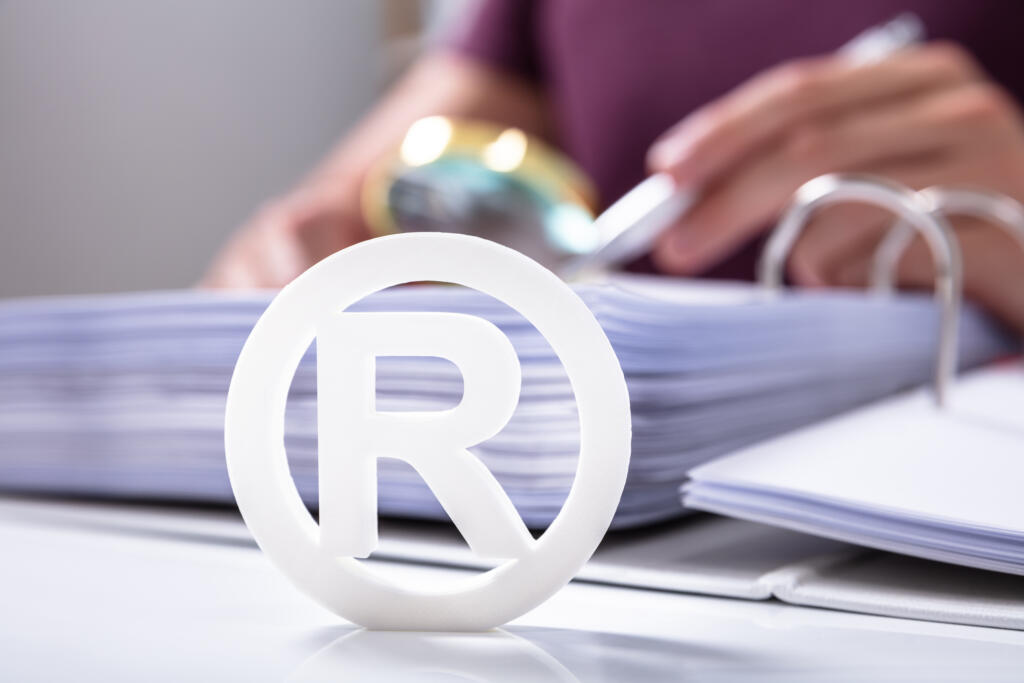
A brand is a badge by which you identify yourself to the wider world. In legal terms, your brands are protected through the trade mark system. Choosing a trade mark registration protects both your brand and your reputation.
A trade mark can be many different things, including: a word mark, a logo, even a sound or animation. It can be a trading name, company name, domain name, name of a product or service offering or elements of packaging.
Many businesses understandably focus on the communications and marketing aspect when choosing their trade mark. However, the legal ramifications of a chosen brand should be considered together with the communications and marketing pieces.
Key considerations which businesses need to have at the front of their mind when choosing a brand are as follows.
Choose something that can be registered
Not all trade marks are capable of registration. A trade mark registration creates an asset which you can trade with. It offers you legal protection, enabling you to stop others using an identical or similar mark in respect of relevant goods or services. There is a common tendency when choosing a brand to focus on ensuring that the brand informs customers about the product and services on offer.
From a marketing point of view, it may be tempting to choose a descriptive brand being, something which informs the customer of exactly what your offering does. However, a mark which describes your offering is unlikely to achieve registration as it is a ground for absolute refusal at the UK Intellectual Property Office (UKIPO). Other such grounds for absolute refusal include among others those that:
- lack distinctive character
- designate the kind, quality, quantity, intended purpose, value, geographical origin of the goods or services
- terms that have become customary in the current language
This matters because a business trading under a brand which it has not registered will find it harder (and in some cases impossible) to stop others from using an identical or similar mark in the future, should others try to benefit from their success. This can be a difficult moment, when a brand owner realises that they are losing their grip on the reputation they have worked so hard to build.
It also matters because many businesses view their brand as an asset, adding value to their business and creating opportunities to licence the brand to others, for example. Not having a registration will negatively impact on this.
Make sure that you conduct availability searches
It is important that you check the trade mark register prior to making use of or filing an application to register your brand. This is to make sure that you are not already (inadvertently or otherwise) infringing somebody else’s earlier registered rights.
When checking the trade mark register, it is important to remember that marks which are already registered enable the owner to stop others from using identical or similar marks, in respect of identical or similar goods. What counts as similar goods or services can be interpreted differently. Just because a mark is not identical to yours or is not in identical classes, covering identical goods or services does not mean that you are in the clear. You may still infringe an earlier right, if for example, there are conceptual, phonetic, or visual similarities between your mark and theirs and the goods and or services covered.
Your trade mark is more than just your logo
Many businesses assume that a trade mark registration can only be obtained for logo and graphic devices – this is not the case. In fact, it is vital that you choose company and trading names which are not infringing earlier marks on the register, and which are capable of achieving registration themselves. This is because trade mark rights can take priority over company names, domain names, etc.
Think big – trading overseas
Many businesses will at some stage look at taking their brand overseas. The homework done at UK level to make sure that your brand is clear and protected will need to be repeated in any territories which you wish to trade in. In addition, businesses will need to think of any cultural or translation issues which their brand might face in other territories.
The sooner you are able to think about these issues, ideally at the brand development stage, the less likely you are to run into problems later.
For further information on some of the most common mistakes that we see with trade mark applications please click here.
